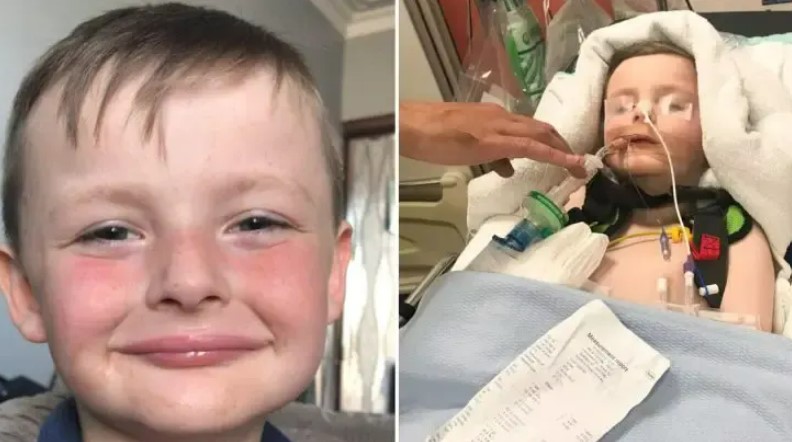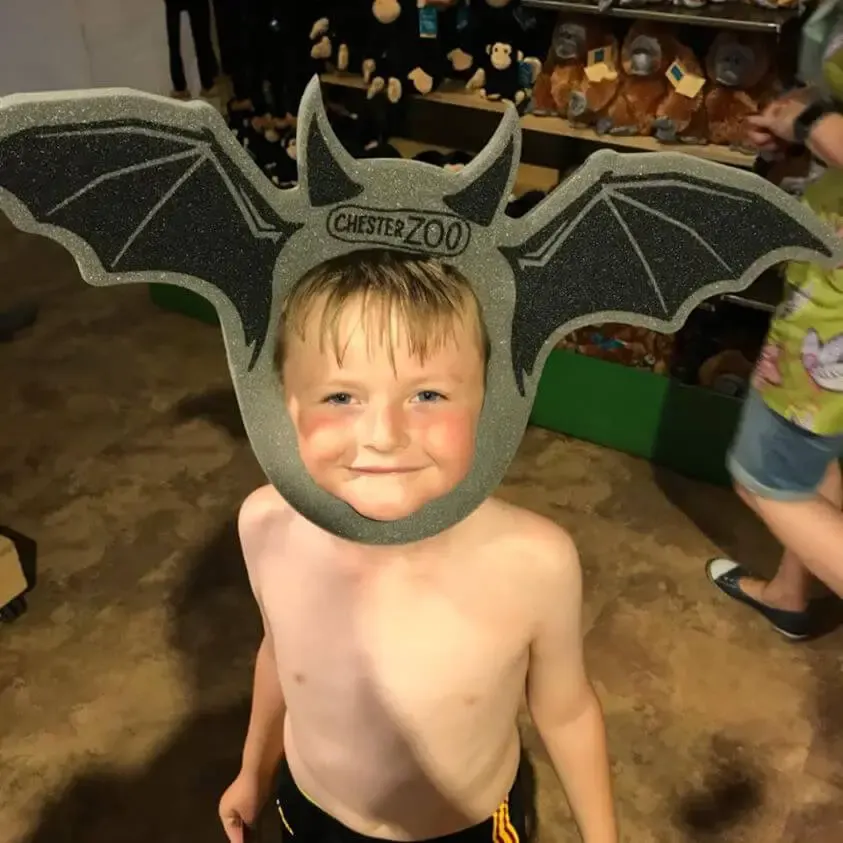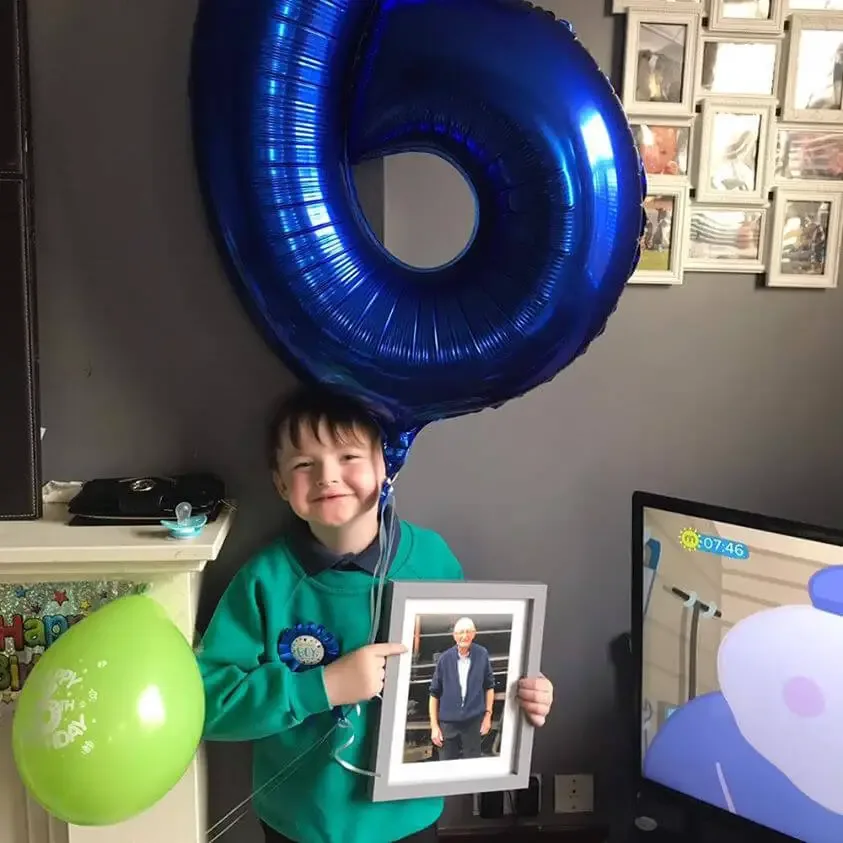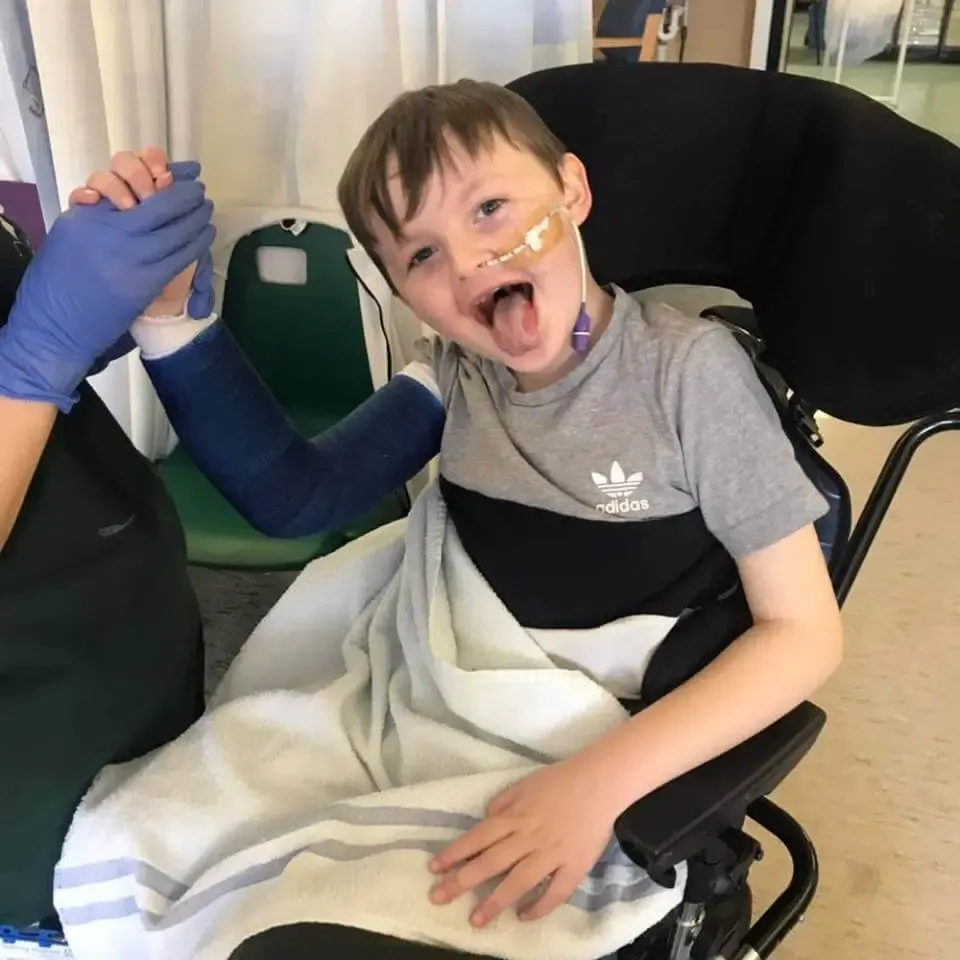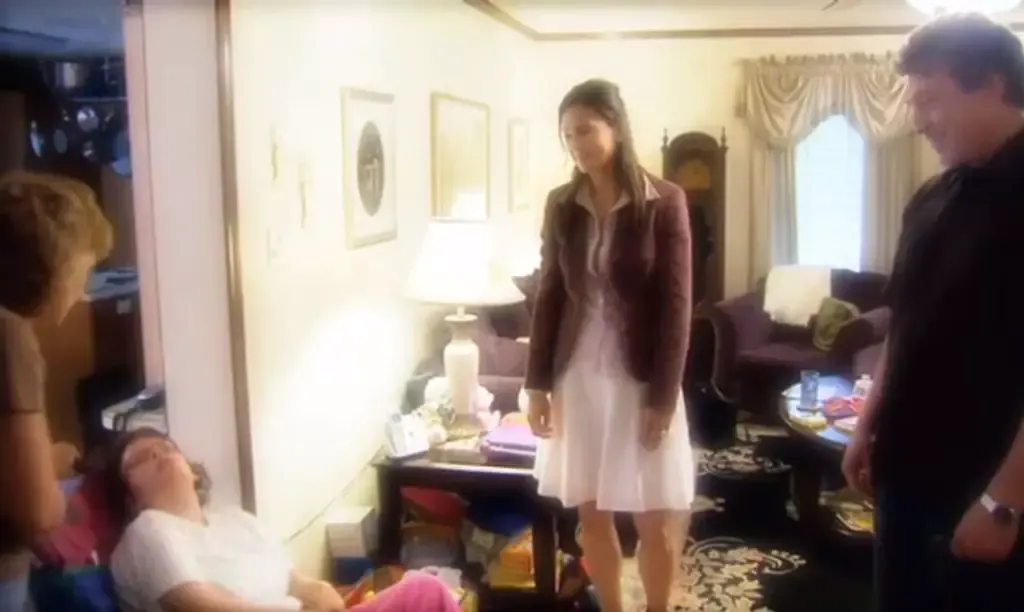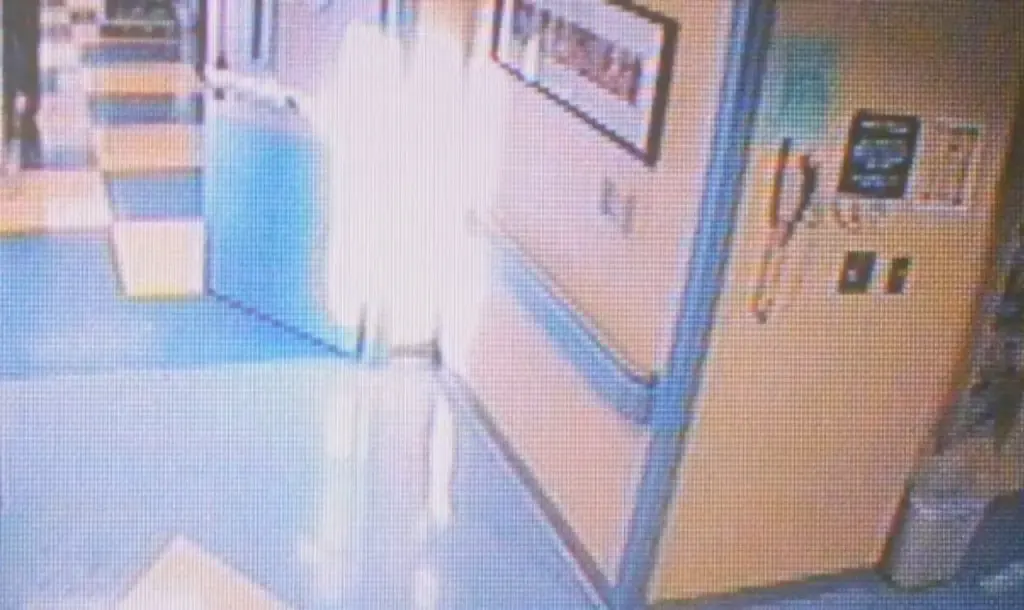METRO
See How Power Tussle Between Awolowo And Akintola Plunged Western Region Into Crises
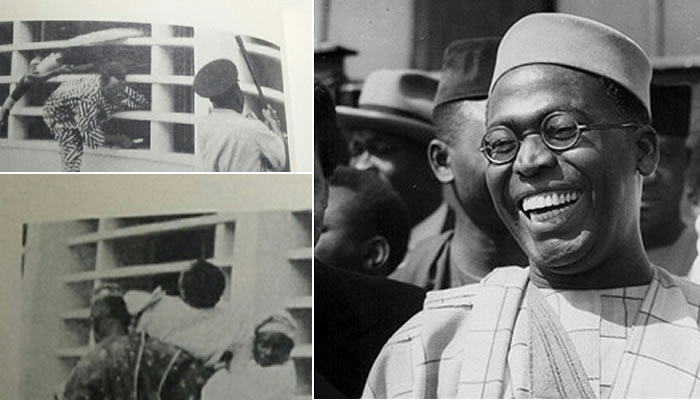
Continue Reading
METRO
Mother left everyone in disbelief after they heard her excuse why she left her baby alone with pit bull only for the dog to chew on the child’s hands and leave her without 5 fingers!
METRO
6-Year-Old Boy Left In Coma After Being Sent Home From School With Headache
METRO
Did An Angel Save Girl From Dying In Hospital?
-

 METRO10 months ago
METRO10 months agoMan Bursts into His Boss’s Office after Learning He Spreads Rumors about His Wife
-

 ENTERTAINMENT11 months ago
ENTERTAINMENT11 months ago“I Want To Share My Life With Her”: Reeves Appreared In Public With His Gray-haired Bride!
-
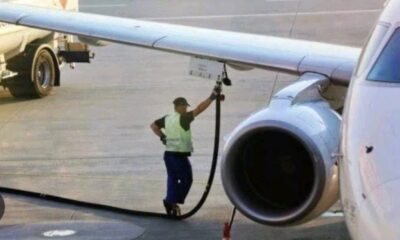
 METRO5 months ago
METRO5 months agoThe Amount of Fuel Planes Consumes Per Second, See The Total For A Complete Journey
-
METRO9 months ago
My Husband Has Been Unemployed For Years But He Makes Everyone Believes He Has A Job –
-

 SPORTS10 months ago
SPORTS10 months agoAC Milan Eyeing Manchester United’s Aaron Wan-Bissaka for Defensive Reinforcement
-
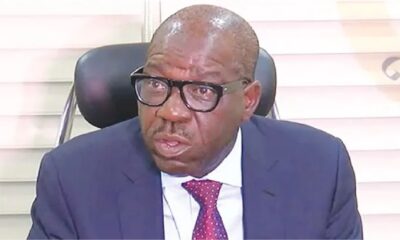
 POLITICS11 months ago
POLITICS11 months agoBREAKING: Attack On Obaseki Diversionary Tactics By APC, Says Aide
-

 METRO4 months ago
METRO4 months agoSpeaker Reveals Shocking Reason Behind Attack on U.S. Citizens! –
-

 METRO9 months ago
METRO9 months agoTraffic Stop Leads To Woman’s Arrest After ‘Atrocious’ Discovery In Trunk


